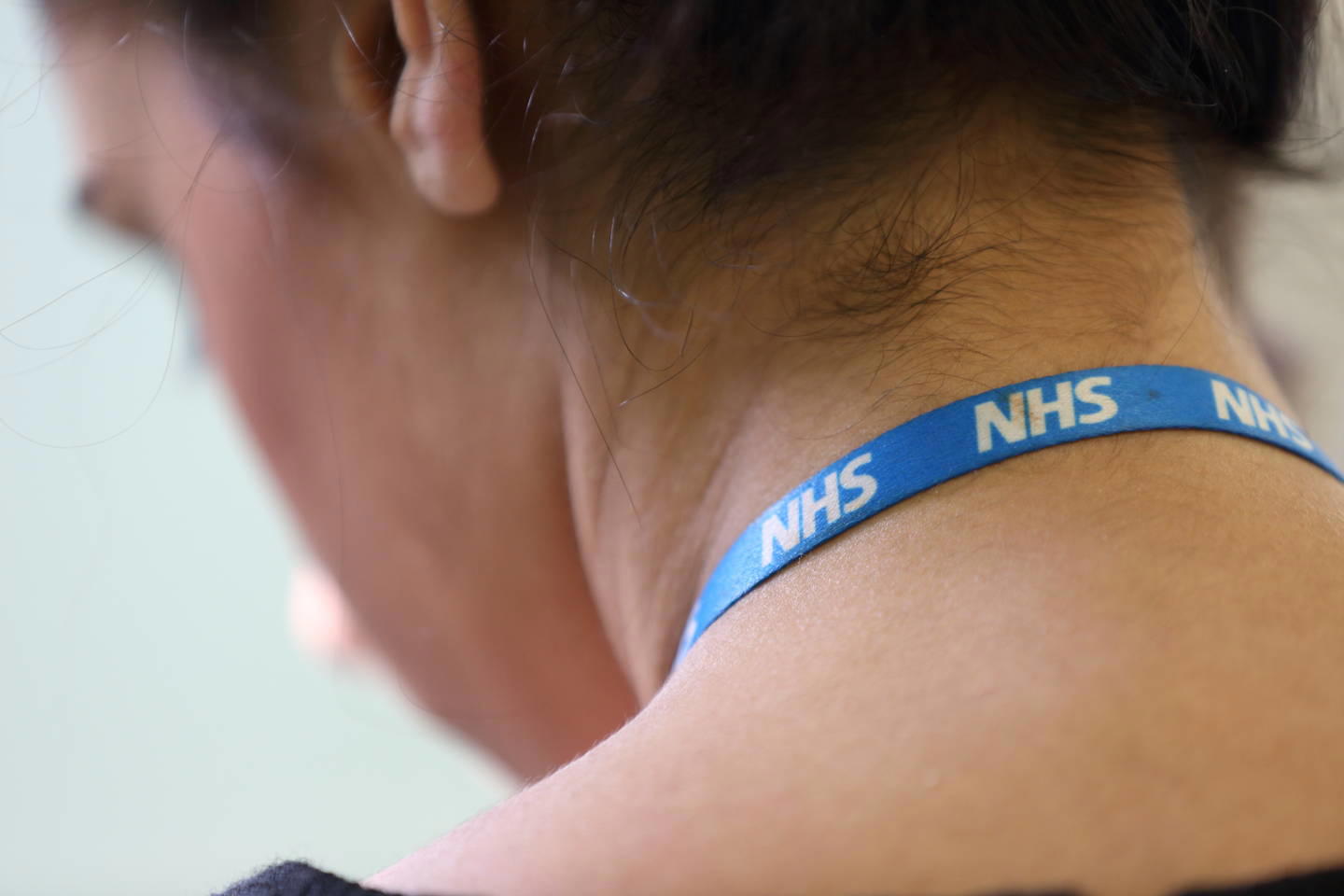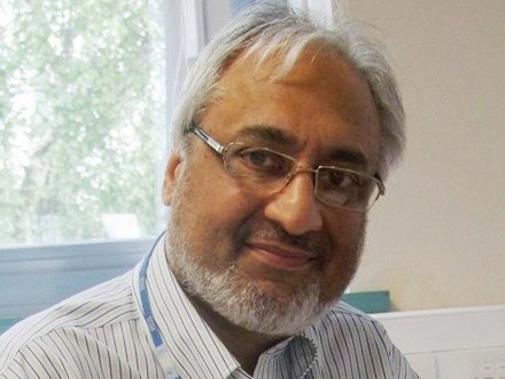Content warning: suicide, mental illness
Worldwide, more than 720,000 people die by suicide every year. For every suicide resulting in death, there are many more people who survive a suicide attempt.
World Suicide Prevention Day was established in 2003 by the International Association for Suicide Prevention in conjunction with the WHO (World Health Organization). Each year, 10 September is a day to raise awareness among organisations, governments and the public, giving a singular message that suicides are preventable and that defeating stigma is an important component of that policy.
This year, the theme is changing the narrative on suicide and starting the conversation about it without any bias, prejudice or stigma. This approach is also part of the WHO’s comprehensive suicide prevention strategy.
Some key facts
- In 2023, 5,656 registered deaths in England were from suicide, which equates to 15 people dying by suicide every day.
- Suicide is the third leading cause of death among 15- to 29-year-olds worldwide, and the leading cause of death in England for adults under 35.
- Rates are highest among men at all age groups, and those aged 45 to 54 are at highest risk. There is a further peak in men above the age of 85.
- In England and Wales, from 2012 to 2019, suicide rates in males were higher in white and mixed ethnic groups than in other groups.
- 9% of middle-aged men who died by suicide had no contact with any service (primary care, emergency department, mental health service, judiciary, third sector, etc). More than two-thirds (67%) had been in touch with at least one of these services in the three months preceding their suicide, and over a third had been in contact in the week preceding it.
- The link between suicide and mental illness – particularly depression and alcohol misuse – is well established, as is the link with previous suicide attempts.
- Other people at risk are those experiencing conflict, violence, abuse or loss. Suicide rates are also high among vulnerable groups who experience discrimination, such as refugees and migrants; indigenous peoples; LGBTQIA+ people; and prisoners.
- In the UK, the suicide rate among healthcare workers is 24% higher than the national average, with the highest risk among female nurses, followed by male paramedics and female doctors.
Start the conversation on suicide and stigma
Despite all the clinical and technological advances in medicine, mental illness and suicide remain taboo subjects that are deeply ingrained in society. I recall that for much of my earlier career in medicine we were taught not to question patients on suicidal intent for fear that we would ‘implant the thought in their mind’ and make them take their own lives. It was a difficult subject to tackle, because our lack of training brought a sense of unease and discomfort in how to have open-ended and frank conversations with patients who expressed the feeling that they did not want to live anymore.
Although we are now better trained and there are resources available to support health professionals and patients, stigma around mental health and suicide still exists and leads to severe consequences for the individual and wider society. In a survey of more than 500 people who were affected by mental health issues, 86% said the fear of being stigmatised or discriminated against stopped them from partaking in activities they would want to do, which included seeking help with their mental health.
Another recent study with over 150 respondents found that nearly 30% viewed suicide as a selfish act and 13% saw suicide as a sign of weakness. Stigma has a bidirectional relationship with suicide; those with mental illness face stigmatisation and stigma can precipitate mental illness and suicide. Stigma increases feelings of isolation, leads to alcohol and substance misuse, and it delays individuals speaking out or accessing treatment and services, which in turn can increase the risk of suicide.
Mental health in medicine
Stigma around mental health more broadly in the medical profession is of particular concern. Many years ago, I conducted a desktop survey of psychiatrists attending a conference. Whilst this is an unpublished finding, it was sad but intriguing that 85% who took part felt stigmatised by their own medical and nurse colleagues for being psychiatrists. If mental illness is not taken seriously, then it unfortunately follows that those who dedicate their work to caring for those with a mental illness are too under-appreciated.

In terms of their own mental health, doctors often lack compassion for themselves because of the expectation that they are somehow immune to illness. They are least likely to admit that they feel stress, depression and burnout even though mental disorders are consistently the single highest category for sickness absences among NHS staff. As we have previously reported, doctors fear a psychiatric diagnosis would negatively impact their colleagues’ perceptions of them, with junior/resident doctors in particular fearing its impact on their career progression.
Creating a working environment free of stigma where staff are empowered and supported to prioritise their own mental health is vital. This must take place alongside steps to address the underlying reasons for poor mental health in the NHS workforce, such as inadequate working conditions and understaffing.
A supportive system
Suicide prevention among both the UK’s population and specifically the medical profession is a key priority for the BMA. This year’s World Suicide Prevention Day theme cannot have come at a better time. As mental illness rates continue to increase and as cost of living and societal pressures rise, it is imperative that those who harbour any suicidal thoughts can have conversations with health professionals, organisations and those whom they trust, so they can be helped, supported or guided.
Eliminating stigma is very much part of the theme, and surely this must begin at home: as doctors we can demonstrate that we will individually and collectively rid our profession of the pernicious stigma that is associated with mental disorders in the medical profession.
It is deeply depressing that the NHS staff and wellbeing hubs set up for the pandemic have all been shut down completely because of withdrawn funding. These were independent and confidential places that healthcare staff could go to get help quickly, including many with suicidal thoughts. NHS England has committed to a review of staff mental health and wellbeing support, and the BMA would urge that review to consider suicide prevention within its parameters.
#StartTheConversation begins here, with us, with our organisations, and in our communities.
Support services
- The BMA’s wellbeing support services include a 24/7 helpline, counselling and peer support for doctors and medical students. Call 0330 123 1245 or find out more
- Doctors in Distress: support for healthcare workers
- Doctors’ Support Network: peer support
- The MDU has a list of sources of support for doctors
- NHS Practitioner Health – call 0300 0303 300
- Psychiatrists’ Support Service from the Royal College of Psychiatrists – or call 020 8618 4020
- Support for doctors from the Academy of Medical Royal Colleges
- Samaritans – call 116 123
- Sick Doctors Trust – call 0370 444 5163
- YouOKDoc?
JS Bamrah is a consultant psychiatrist at Greater Manchester Mental Health NHS Foundation Trust, a member of the BMA board of science, and past council member of the BMA.

